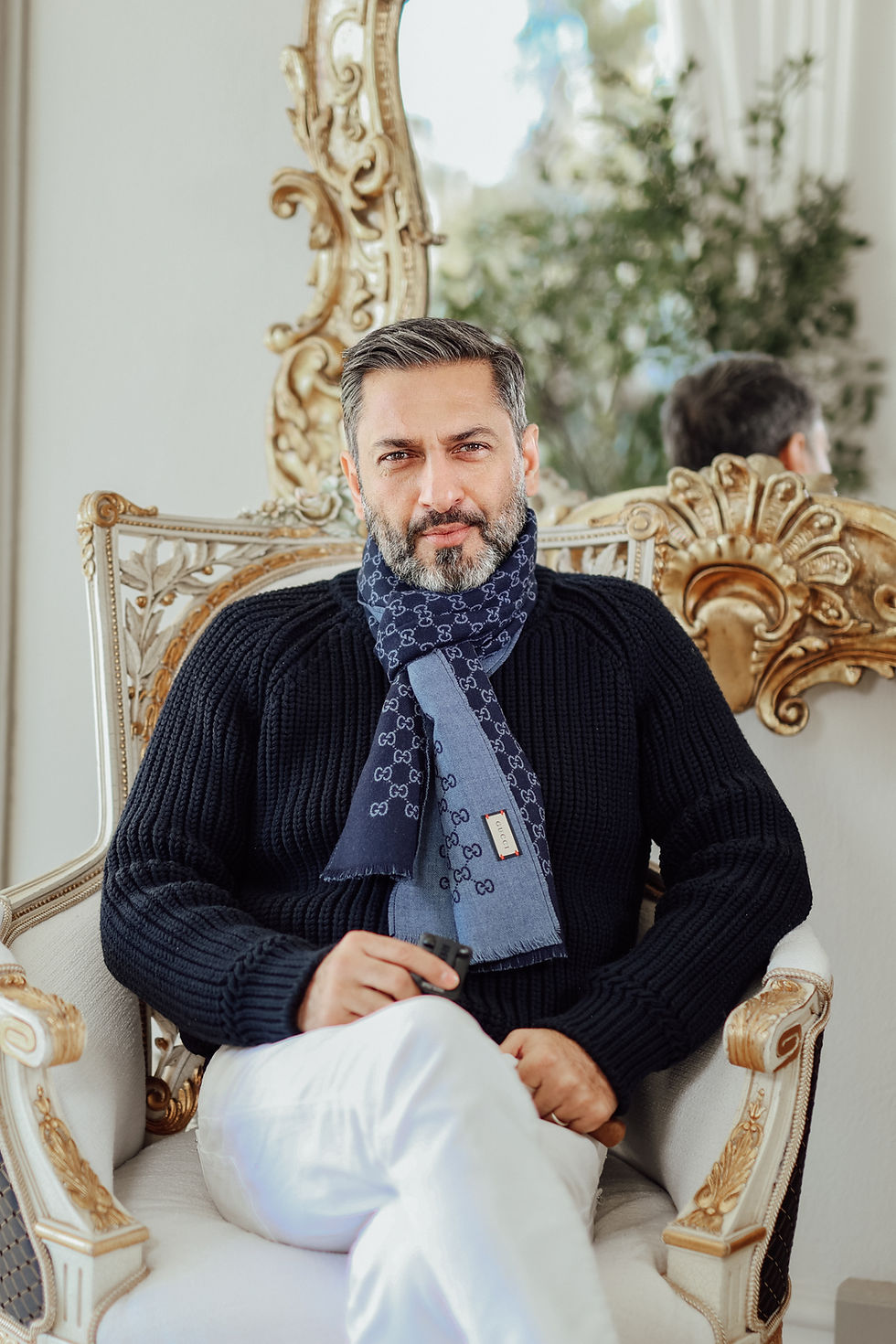Zunaid Moti | When media discourse becomes a one-sided debate
- Zunaid Moti
- Sep 21, 2023
- 3 min read

Freedom of speech is fundamental to any functional democracy, enabling media to perform its vital role as watchdogs in the public interest. But there are always two sides to every story, and for freedom of speech to be effective, media discourse cannot be reduced to a one-sided debate.
In a world where public opinion can make or break a brand, denying companies the right to reply is akin to making all journalists, no matter their backgrounds or motives, judge, jury, and executioner. Sadly, however, it is human nature to automatically assume that anyone accused of unethical or criminal conduct must be guilty. And in the media’s case, there is often no such thing as innocent until proven guilty.
This leads to a general unwillingness to share challenging views for fear of association. Alternatively, if responses are featured, they are reduced to punchlines or footnotes, portrayed with sinister undertones, or subjected to sly insinuations.
So, what are companies or individuals to do when they become the subject of a series of media attacks? How can companies share the other side of their operations, their good news and the positive work that they are doing? In the current media landscape, there is little to be done except to take out paid advertisements in order to challenge media’s narrative. Unfortunately, even these are deliberately construed as part of a larger conspiracy.
Accordingly, the Moti Group’s recent PR efforts involving a series of paid articles and adverts have recently been criticised as somehow criminal, illegal or unethical.
First, to be clear, I have left the Moti Group. Dondo Mogajane, a man that is highly respected by all who know him, and is renowned for his integrity and financial acumen as the former Director-General of National Treasury, is the new Chief Executive Officer of the group. Far from being part of a sudden and sinister ploy, he joined the group in June last year as part of the Moti Group’s succession strategy, knowing that I would be stepping away to pursue my own interests.
Second, now that Dondo has been at the helm of the organisation for a year and has familiarised himself further with the Moti Group’s various interests, reshaped its organisational structure and strengthened its corporate governance, he was ready to begin the process of addressing the group’s reputation. This meant sharing the news of his appointment as CEO, his vision for the group, and exciting projects in the pipeline with the public – all of which are based on fact.
As a result, the Moti Group did take out a series of paid advertorials in various publications. The premise of all articles was indeed that the Moti Group is now being led by former Treasury director-general Dondo Mogajane as CEO and Mikaeel Moti as executive director. Again, this is not a secret. It is a fact.
I am proud of what I achieved at the Moti Group, the thousands of jobs that I have helped to create, and the billions in investments that our business made in supporting South Africa and Zimbabwe’s economy. But I am not the Moti Group. My own businesses and the Moti Group are now on separate paths, and it has its own future to look forward to.
So, to emphasise again, there are always two sides to every story, and companies must be allowed the opportunity to share their own perceptions and good news. Without this, media discourse is not discourse. It is a dictatorship.



